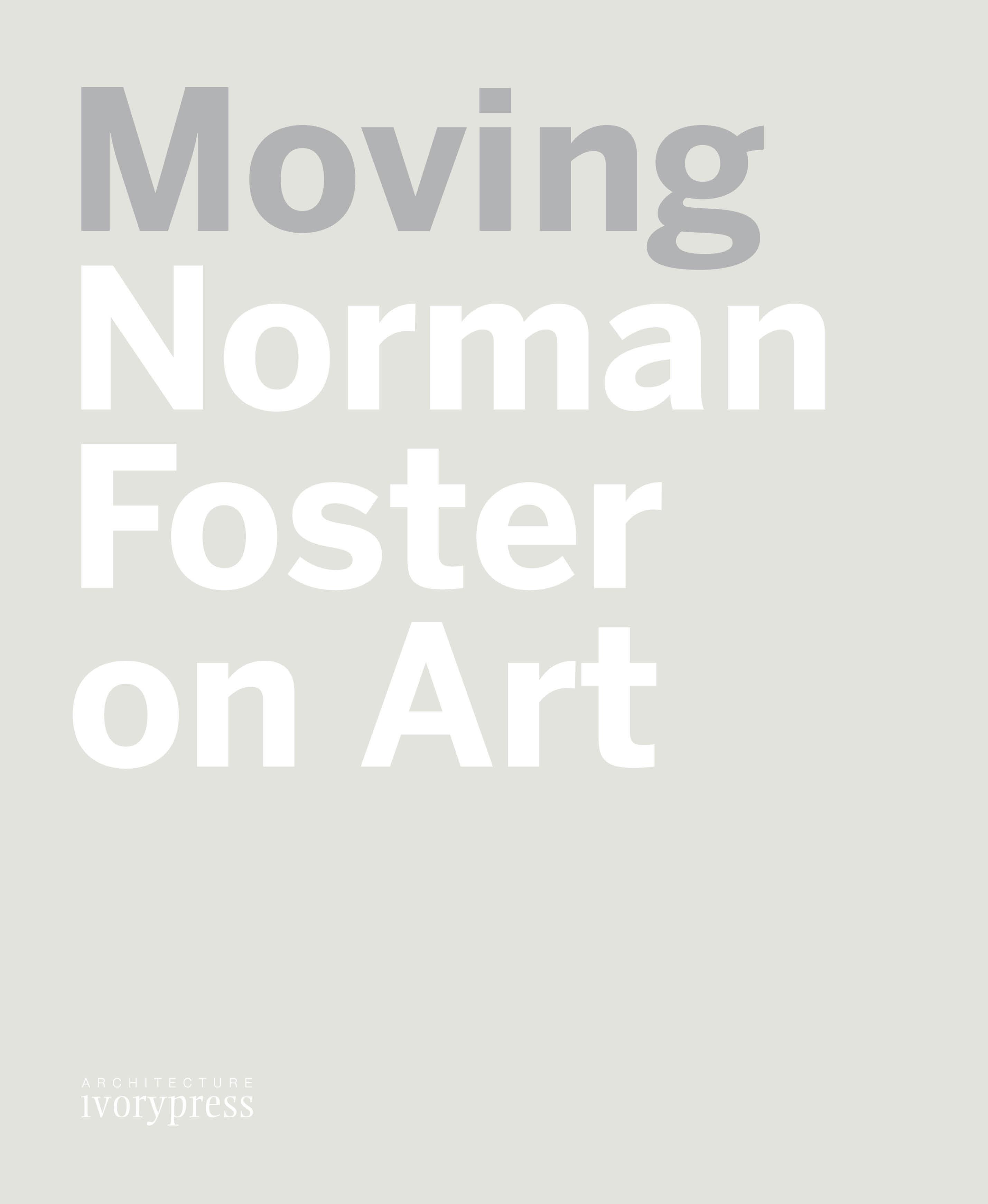Jean Prouvé.Muebles y Objetos

As a young man, Jean Prouve (1901-1984) longed to become an engineer, but as his family could not afford the requisite training, at 15 he was apprenticed to a master blacksmith in Paris. Prouve opened his own smithy in Nancy in 1923, and shortly thereafter produced his first furniture made from thin sheet steel. Right away, Prouve’s sparse, geometric aesthetic appealed to avant garde architects such as Robert Mallet-Stevens and Le Corbusier, who commissioned ironwork from him, and in 1929, invited Prouve to join the new Union des Artistes Modernes, a group of artists and designers championing the Modernist style. In the early 1940s, due to the scarcity of steel during World War II, Prouve began working mostly with wood. Besides creating furniture, he also explored designs for pre-fabricated housing, constructing dwellings for the homeless. But by the 1960s, Prouve’s austere style seemed passe, and he fell foul of fashion’s whims; as a self-taught designer he was also routinely excluded by the architectural establishment. His reputation may have further suffered from his own appetite for collaboration, which could make his exact role in architectural projects difficult to identify. Happily, this state of affairs changed in the 1990s when Prouve emerged as an unlikely auction star, as his sensibility chimed again with the activities of contemporary neo-Modernists like Jasper Morrison and Konstantin Grcic. This new monograph in Poligrafa’s new series on the furniture and objects designed by the twentieth century’s most important architects features drawings and photographs of each featured design.
Out of stock
Out of stock





